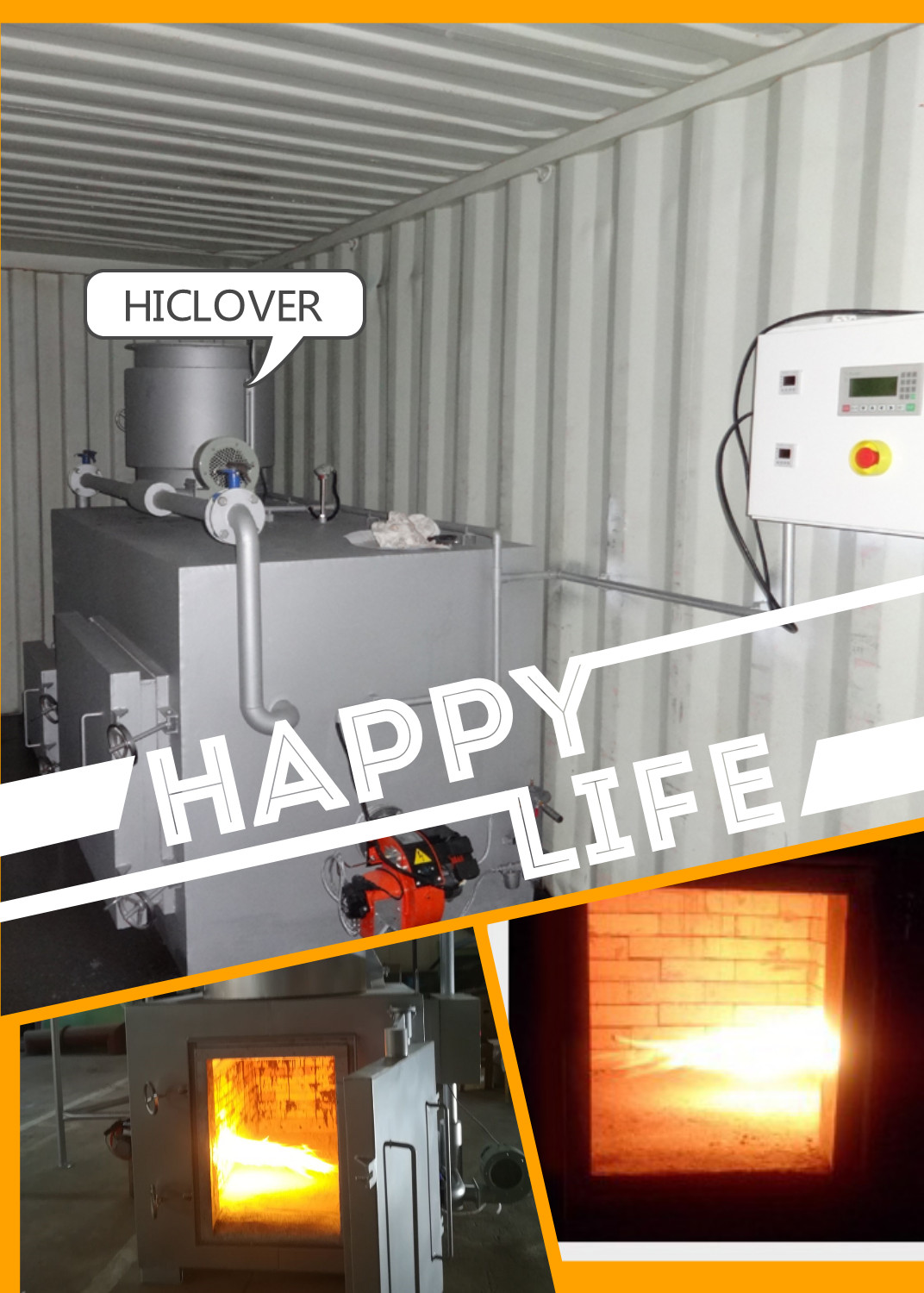Burning for a Cause: The Environmental Benefits of Incinerators
Incineration, the burning of waste materials, has long been a controversial topic in the environmental community. However, modern incinerators are highly efficient and can have a positive impact on the environment when it comes to waste management. When properly operated, incineration can reduce the volume of waste and the environmental impact of landfilling, as well as provide a source of energy.
One of the major environmental benefits of incinerators is their ability to reduce the volume of waste that ends up in landfills. This is important because landfills produce methane, a potent greenhouse gas, as waste decomposes. By reducing the amount of waste that goes to landfills, incinerators can help mitigate the environmental impact of greenhouse gas emissions.
Furthermore, incinerators can generate energy in the form of electricity or heat. The heat produced during the incineration process can be converted into energy, which can be used to power homes and businesses. This means that incinerators can provide a renewable source of energy, reducing the need for non-renewable resources like coal and natural gas.
In addition to reducing landfill waste and generating energy, incinerators can also help in the management of hazardous waste. Many modern incinerators are equipped with advanced pollution control technologies that can effectively capture and treat pollutants emitted during the combustion process. This means that hazardous waste can be safely and efficiently disposed of without posing a risk to the environment or public health.
It’s important to note that while incinerators have their advantages, they must be operated in compliance with stringent environmental regulations to minimize their impact on the environment. This includes proper monitoring of emissions, maintaining air quality standards, and safe disposal of ash and other byproducts.
Despite the benefits of incinerators, some environmentalists still have concerns about their potential impact on air quality. However, advanced pollution control technologies have significantly reduced the emissions of harmful pollutants such as dioxins and heavy metals. Additionally, incinerators are subject to strict emissions regulations set by the Environmental Protection Agency (EPA) and other regulatory bodies. When operated according to these regulations, incinerators can be a safe and effective way to manage waste while minimizing environmental impact.
In conclusion, incinerators can play a valuable role in waste management and environmental protection. Their ability to reduce the volume of waste, generate renewable energy, and safely dispose of hazardous materials makes them a beneficial tool in the fight against climate change and pollution. With proper regulation and monitoring, incinerators can contribute to a cleaner and more sustainable future for our planet.



